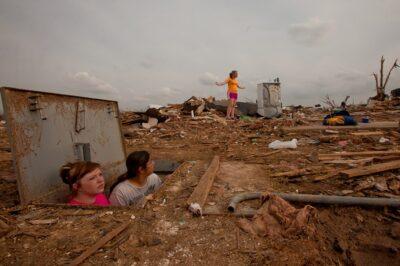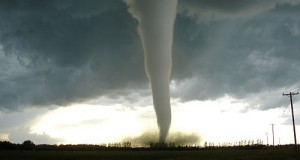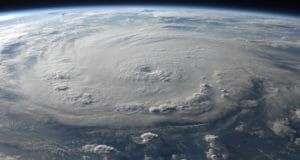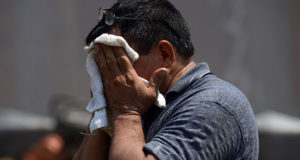There’s a lot of good survival and prepping information out there, but it seems that some specific guidance is not as abundant as it should be.
Here are five things that preppers don’t always plan for, but should:
1. Barter
Preppers often think about every conceivable need — and plan for it. However, when society ends, even the best preppers may find themselves lacking something they forgot. For this reason, it is critical to devote some space and resources to the storage of items for barter. That way, when society ends and you find yourself in need, you may have something to trade.
What you store for barter depends entirely on the location and conditions of your homestead. However, I recommend a few basics. First, when society ends, there will be a lot of desperate and hungry people. A premium will be put on food. My barter storage has several large canisters of freeze-dried packets of food. Each one has 60 individual meals. When society ends, trading someone a week’s worth of food may allow you to get something in return that you need.
Harness The Power Of The Sun When The Electricity Goes Out…
I also have basic toiletries and medical supplies, including toothbrushes, toothpaste, toilet paper, ibuprofen, and first aid kits. These inexpensive items can provide a great deal of relief to people who aren’t starving, but didn’t really prepare for hard times.
2. Building Relationships
A lot of prepper advice centers on making you and your family as self-sufficient as possible. Isolated homesteads and remote cabins are often featured. But a lot of preppers will either have neighbors close by or live in a rural area with other farms and homesteads in the vicinity. Despite the trait for some to be loners or deliberately seek isolation, there are several good reasons to build relationships with those nearby.
First of all, you should understand what kind of threats they may pose. While most of them are good people, there may be some who are dangerous, and unafraid to take what they want by force. Second, other nearby people may have supplies or skills that could be helpful. Farmers and those with medical or security skills are examples. You should build relationships with these people and plan on having something to offer them in return. For example, where I live, I have 10 forested acres with surface water. A nearby farmer (closer to the valley floor) has no surface water and few oak trees left. If society ends, I can benefit from the farmer’s livestock and the farmer can benefit from trees and an emergency water source.
3. Extended or Permanent Loss of Power
A lot of prepping effort is focused on self-sufficient power, and rightly so. However, you should have a backup plan in case the power source fails — either for a short time or for the foreseeable future. For example, imagine you have a large generator that provides power to your house, outbuildings and the pump well. As a good prepper, you’re probably capable of performing preventive maintenance on the generator yourself, and you probably have plenty of spare parts and extra fuel stored. But when society ends as we know it, Murphy’s Law will rule. After a year or so, it is entirely feasible that an unexpected part of the generator will fail. It may be a fractured metal component or frayed wire, and there may be no way to replace it if things really get bad.
World’s Smallest Solar Generator … Priced So Low Anyone Can Afford It!
So have a backup plan for how you’ll get clean water and heat for the house. We are not at the movies here, where 50 years after a post-apocalyptic event, trucks are running smoothly and generators are still working. Today’s society produces items that wear out and need to be replaced, not repaired. Rubber tires and batteries are good examples.
4. Boredom
Even if you have successfully planned for the end of society, and have adequate shelter, food, water and clothing, boredom and depression can really impact your performance. Although hard work will take a lot of your energy, you still will want something to keep your mind alive on those long evenings where there’s no TV or Internet to keep your attention. Whether it be a good library or something else, have a plan for down time.
5. Backup Supplies
I already alluded to this when discussing generators, but have backup supplies for backups. For example, if you live in the North and need firewood for warmth, don’t rely on one chainsaw. Make sure you have a couple, with 10 spare chains and other necessary small parts. Or better yet, invest in some good old-fashioned steel two-handed saws and a sharpening kit.
Clothing will wear out a lot faster than you think, so have lots of spare coats, pants, hats and gloves. If you rely on a well pump, have a couple extra because they will fail with time.
No survivalist or prepper will be completely ready when society ends. Hopefully, however, these five ideas will be part of your preparation.
What would you add to this list? Leave your reply in the section below:
Sign up for Off The Grid News’ weekly email and stay informed about the issues important to you
 Off The Grid News Better Ideas For Off The Grid Living
Off The Grid News Better Ideas For Off The Grid Living





